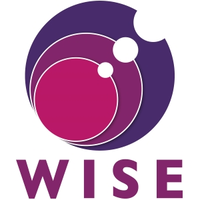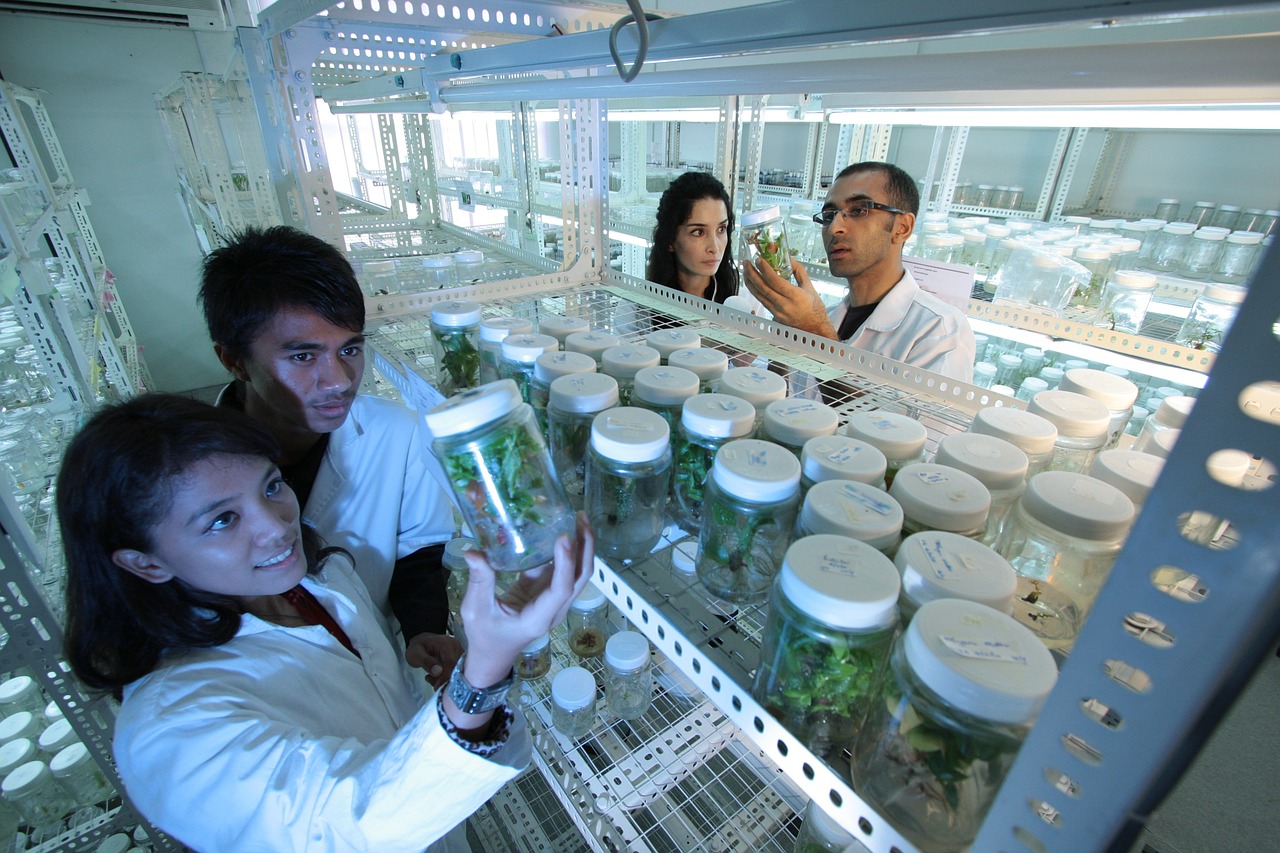WISE is an independent community interest company based in the UK. Read on for a look at the organization’s key aims and achievements in promoting gender balance in the fields of science, technology, engineering, and math (STEM).
What is WISE?

WISE was established in 1984 after the release of the Finniston Report, which analyzed engineering in the UK and made numerous recommendations to protect the future of the industry.
Calling for a broader talent pool of engineers and scientists, the report also sparked a variety of campaigns to attract girls and women to STEM sectors, including the WISE campaign.
In 1984, the Equal Opportunities Commission and the Engineering Council worked together to present the Women into Science and Engineering (WISE) year.
Led by the chair of the Equal Opportunities Commission Baroness Beryl Platt, WISE set forth to highlight opportunities for women in STEM professions.
Speaking at the launch of the WISE year on January 17, 1984, Engineering Council chair Sir Kenneth Corfield explained the importance of encouraging girls and women to enter engineering, as their intelligence could provide a significant boost to the industry.
The same year, a government pamphlet, “Jobs for the Girls,” was distributed throughout UK schools, promoting the idea of women working as technicians and engineers. The government produced another leaflet asking “What Is WISE Year All about?” and circulated it among businesses and learning institutions. This leaflet highlighted the waste of potential that women could bring to STEM sectors.
The government also suggested that action needed to be taken, such as reassessing educational methods and establishing stronger links between school and industry.
The WISE Vehicle Program, which ran between 1984 and 2003, raised the campaign’s profile still. It was launched by Margaret Thatcher, the prime minister at the time, and featured advertisements on London buses.
As former WISE chief executive Terry Marsh points out, when WISE was established in 1984, women comprised just 7 percent of engineering graduates in the UK. By the year 2000, however, that figure had increased to 15 percent. Though other factors contributed to this increase, WISE played an integral role, inspiring girls and young women and helping them build a career in STEM.
What does WISE do?
WISE is committed to engaging with 200,000 girls over the course of the next five years, with plans to work with 200+ member-organizations to close STEM’s gender gap.

Meanwhile, through the Chief Scientific Officer’s WISE Fellowship, mid-career female scientists working in health care achieve valuable leadership experience.
Implemented in 2016, the CSO WISE Fellowship is a unique opportunity operated within the National Health Service. The professional skills and mentoring program is extremely beneficial, as it provides Fellows with the confidence and credentials to further their career.
For example, Dr. Michelle Foster, a 2017-18 Fellow, said that prior to her fellowship, she had not been promoted in 13 years, but was promoted two bands after completion.
The 2014 Not for People Like Me report, sponsored by Network Rail, looked at why girls and people from Asian and black backgrounds assume STEM subjects are not for them. The report’s author, Professor Averil Macdonald, used the insight gained to produce the People Like Me quiz, helping to match girls’ interests and skills with different scientific fields.
WISE worked with the Open University to build on the concept, culminating in an interactive game called My Skills My Life. Girls complete a quiz to reveal their personality type, and the game matches them with STEM careers. It also connects them with real people in those careers who share their personality traits. Participants can find out what the job involves, how much it pays, and what they need to do to get there from mentors with first-hand experience.
Organizations like WISE are having a tangible impact, increasing female participation in STEM studies, connecting them with mentors, and helping them into a career in which they can grow and thrive.
In 2019 the General Certificate of Secondary Education released its registration results. They indicated the following:
- There was a 14 percent increase in female Computing GCSE entries.
- 19.6 percent more girls than boys received A-C grades in Engineering GCSEs.
- Girls accounted for 48 percent of GCSE entries in STEM subjects.
- 50 percent of Biology GCSE students were female.
- 49 percent of Physics GCSE students were female.
- 49 percent of Chemistry GCSE students were female.
Despite the promising numbers, the study showed that, in other aspects, more work needs to be done. Though the number of girls studying GCSE Computing had increased, girls still represented just 21 percent of total entries.
WISE works with some of the world’s biggest STEM companies, including Pfizer, Rolls Royce, Shell, Siemens, Sky, Transport for London, as well as various learning establishments all over the country, including the Royal Academy of Engineering.
HRH Anne, Princess Royal, has served as a Patron of WISE since 2000. In November 2016, she presented the WISE Awards to one company, one man, and eight women for their outstanding contributions to gender parity in STEM.
